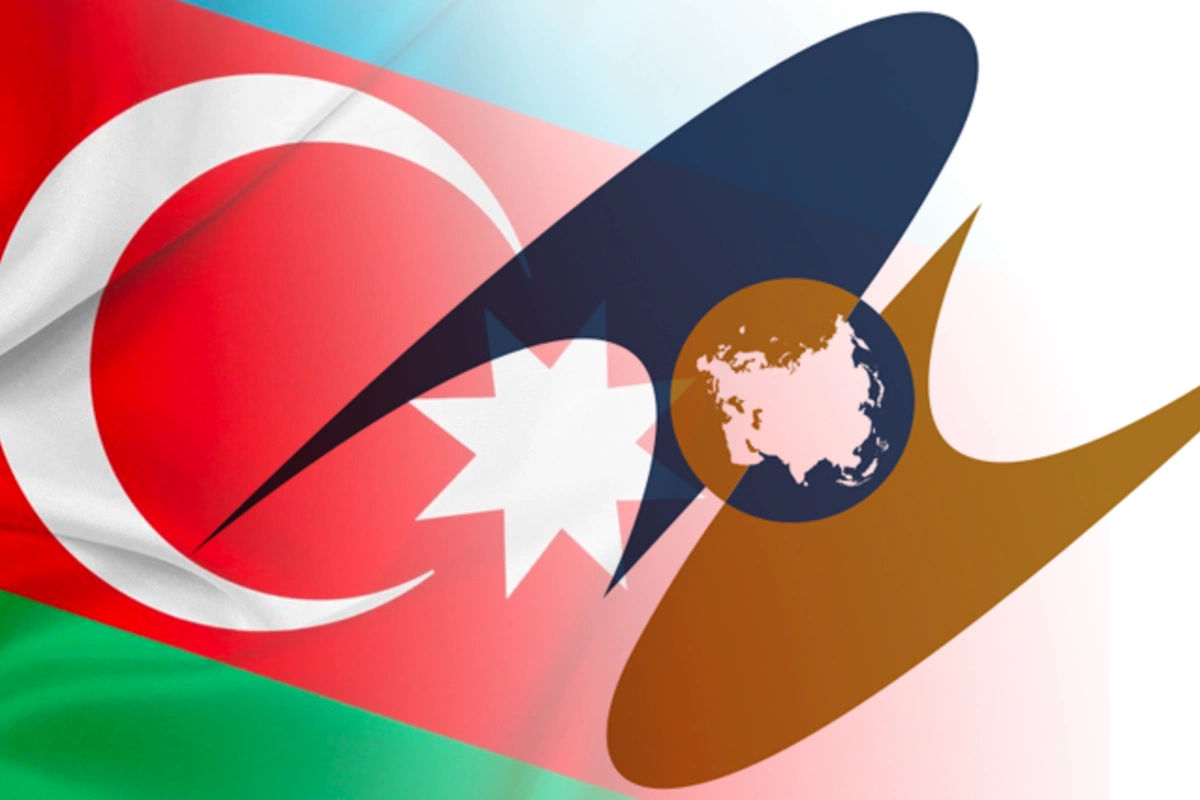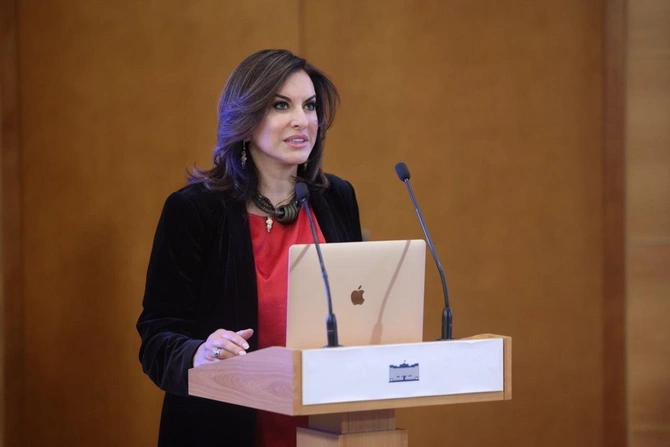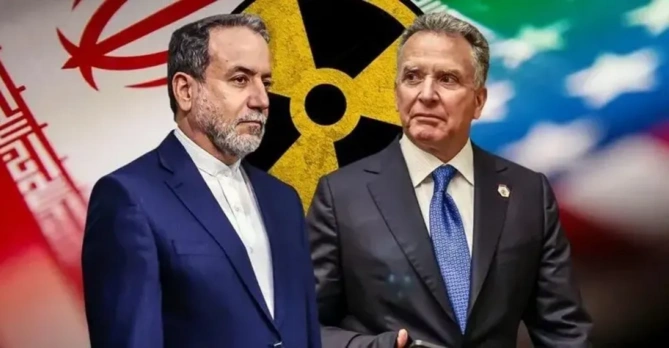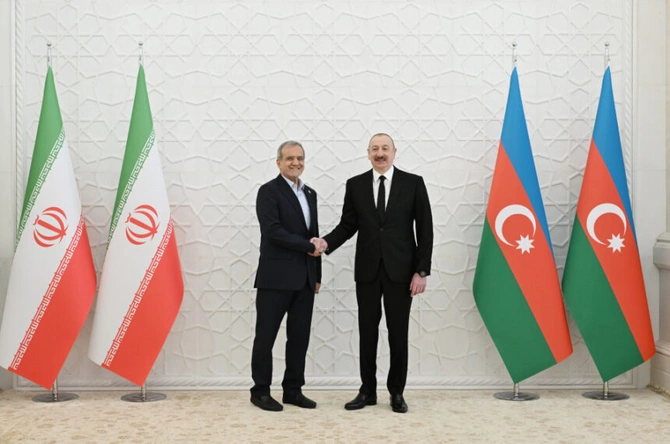
Photo credit: unitedworldint.com
By Asif Aydinly
The Caspian Post spoke with Lana Ravandi-Fadai, a prominent Russian expert on Iran, about Tehran’s deepening economic ties with the Eurasian Economic Union, the prospects for a renewed nuclear deal with the United States, and the geopolitical implications of President Masoud Pezeshkian’s recent visit to Azerbaijan. Ravandi-Fadai shares her insights on how Iran is navigating regional transit projects, balancing its foreign policy priorities, and strengthening its relationship with Baku amid shifting dynamics in the South Caucasus.

Photo: Facebook / Lana Ravandi-Fadai
- On May 15, the full-scale Free Trade Agreement between the Eurasian Economic Union (EAEU) and Iran came into effect. What advantages does this agreement offer Iran?
- This agreement opens the markets of the EAEU member states to Iran, as tariffs on the vast majority of goods are being reduced several times on average. Given the instability of Iran's economy and the impact of Western sanctions, this agreement could stimulate economic growth, allowing Iranian goods to gain a stronger position in the markets of Russia and other member countries of the union.
- How likely is the conclusion of a new nuclear deal between the United States and Iran?
Photo credit: shafaq.com
- At present, Iran and the United States have unexpectedly moved significantly closer in their positions. Even Ali Shamkhani, an advisor to the Supreme Leader, openly stated that Iran is ready to sharply reduce its uranium enrichment levels and destroy its stockpile of highly enriched uranium in exchange for the lifting of sanctions.
However, concerns remain due to the well-known unpredictability of Trump, who recently imposed new sanctions on Iran in addition to existing ones. These new sanctions targeted companies supplying Iranian oil to China. Nevertheless, the progress is undeniable, and it seems safe to say that the threat of war against Iran has, for now, receded into the past.
- Recently, Amin Taraffo, Advisor to the Iranian Minister of Roads and Urban Development, announced that Tehran proposes the creation of an Iran-Azerbaijan-Georgia transit corridor within the TRACECA framework. Does this mean Iran has abandoned the idea of the Persian Gulf-Black Sea corridor project through Armenia?
- Iran continues to consider all possible options for participating in international transit corridors. Having long been cut off from key global routes, Iran is now exploring various directions and assessing their feasibility. Therefore, I would not interpret this announcement as a rejection of the Persian Gulf-Black Sea corridor project.
In Tehran, decisions on transport projects are made slowly and may change over time. This is more a reflection of ongoing discussions and assessments than a firm commitment to any single project. The exception is the highly promising North-South Transport Corridor, which Iran is actively and decisively pursuing in hopes of securing substantial economic benefits.
- How do you assess the outcome of Iranian President Masoud Pezeshkian's recent visit to Azerbaijan? Can we speak of meaningful progress in Iran-Azerbaijan relations following this visit?
Photo credit: president.az
- Yes, I believe we can indeed speak of a significant breakthrough in Iran-Azerbaijan relations. For the first time, the President of Iran delivered part of his speech in Baku in the Azerbaijani language, even quoting a line from the famous Azerbaijani poet Shahriyar about the separation of northern and southern Azerbaijanis. This was highly symbolic and carried deep meaning.
President Pezeshkian also stated that the countries of the region, including Iran and Azerbaijan, have the potential to create a model of integration that could surpass the European Union in effectiveness. Both sides firmly rejected any external interference aimed at sowing discord in the region.
Importantly, President Pezeshkian once again clearly reaffirmed Iran’s recognition of Karabakh as part of Azerbaijan, leaving no room for doubt regarding Iran's official position. Additionally, Iranian companies were invited to participate in the reconstruction of Azerbaijan’s liberated territories.
His visit also featured discussions on concrete projects, including the North-South Transport Corridor that I mentioned earlier, as well as several business initiatives presented during the Iran-Azerbaijan Business Forum.
Share on social media